In his collection of poignant letters called “Life Beyond Measure,” Sidney Poitier famously wrote a quote that reflected the greatest inspiration behind his success. “For most human beings, even when we briefly touch up against other lives, we leave our marks on each other," it read. Before he became a Hollywood star, Poitier didn’t even know how to read. In his young years, when he was wrangling with poverty, and juggling the odd job of a dishwasher, he came across an elderly Jewish waiter who spent day after day relentlessly teaching him to grasp words and punctuation, until he finally learned to make sense of the written word. In a 2013 interview with Leslie Stahl for "CBS Sunday Morning," Poitier nearly choked up with tears while revealing the story of the Jewish man, who left an indelible mark on his life.
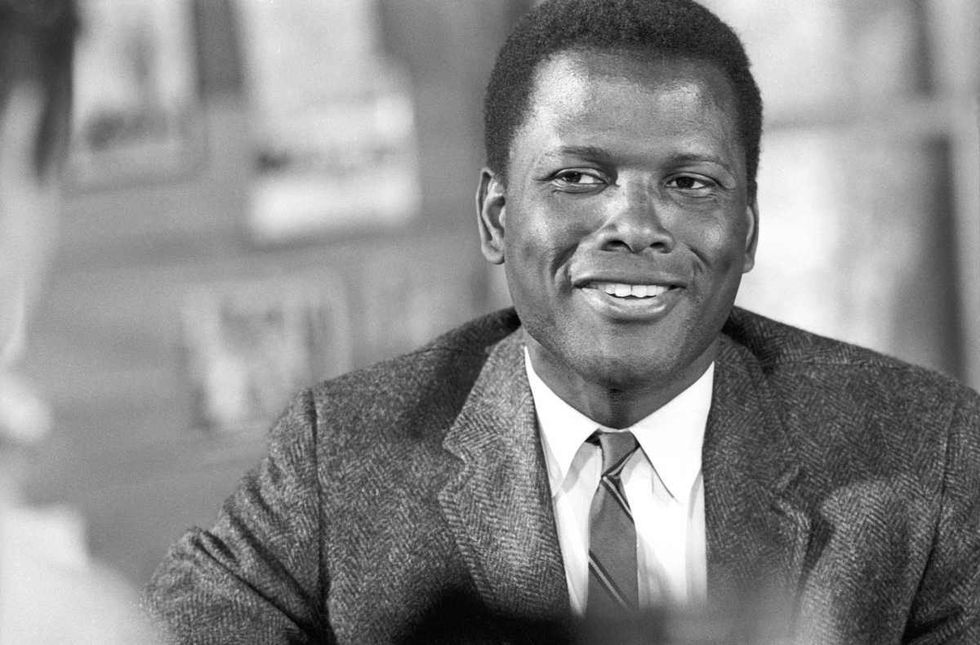
Poitier, who passed away in January 2022 at the age of 94, was the first Black man to ever win an Academy Award for Best Actor, for his starring role in the 1963 movie “Lilies of the Field.” In this 2013 interview, host Leslie expressed her curiosity as to why Poitier chose to become an actor in the first place when he knew that he couldn’t read and his thick Bahamian accent was no match for Hollywood. “I had no way of knowing that there is madness in what I’m trying to do,” he replied.
Leslie described that after a disastrous audition with the “American Negro Theatre,” where Poitier could barely read the script, a man extended an act of kindness. The man was the waiter at the place where Poitier worked as a dishwasher. According to Goalcoast, this was when Poitier was around 16 to 17 years old.
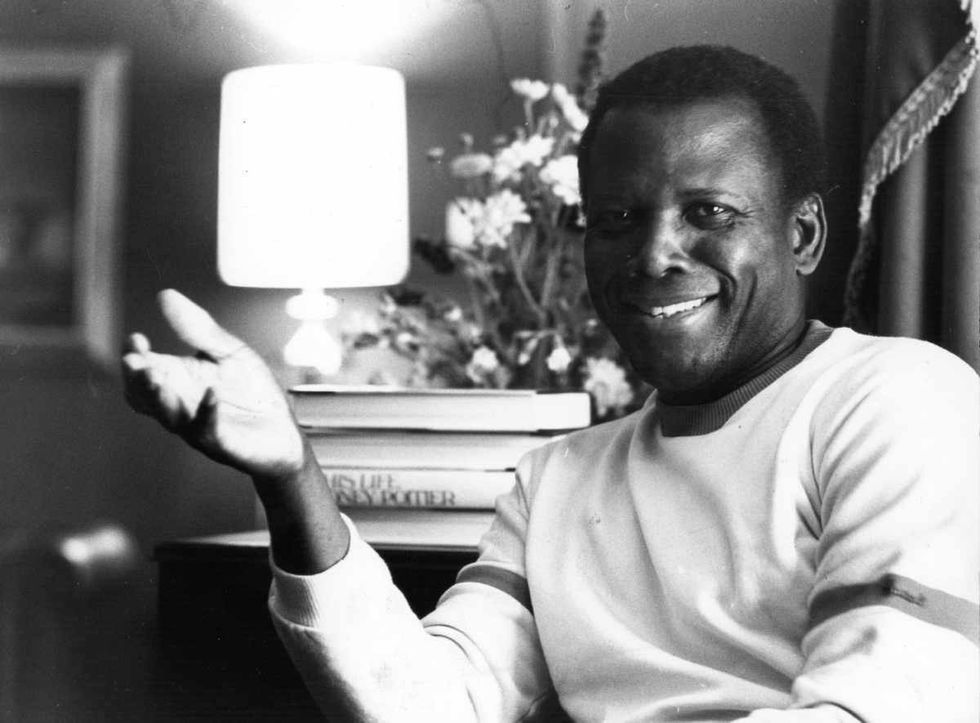
Poitier grew up in poverty in the Bahamas and struggled with illiteracy for much of his childhood. He only attended school for two years. He told CBS News that his father was a tomato farmer. When he was born, three months premature, his parents already had six children, and they didn’t have any hope that he’d survive. His mother consulted a soothsayer. "The lady took her hand and started speaking to my mother," he said. "'Don't worry about your son. He will survive,'" Poitier recalled. "And these were her words, she said: 'He will walk with kings.'" And the prophecy came true, "Everything she said, including walking with kings, yeah."
At the age of sixteen, he moved to New York City to pursue his dream of acting. However, as Leslie described, his inability to read scripts left him stranded as an outsider in the industry. But then, there was a turning point in his life. “One of the elderly Jewish waiters had a newspaper,” Poitier told Leslie, “and he walked over to me and he looked at me and said, ‘What’s new in the paper?’ And I looked up at this man and said to him, ‘I can’t tell you what’s up in the paper because I can’t read.’ He asked, ‘Would you like me to read with you?’ I said to him, yes, if you’d like.” Every night, Poitier recalled, the Jewish man would sit by his side, and teach him to read. This happened for weeks and weeks.
Eventually, after about six months, Poitier was finally a fluent reader, per Aish. He tried his luck one more time at the American Negro Theater and was accepted as an apprentice. But still, being a newcomer, his first job in the theater was not as an actor, but as a janitor. Then one day, a theater actor, who later became the superstar Harry Belafonte, couldn’t show up for the rehearsals for a Broadway play. That’s when Poitier got the opportunity to act in the play.
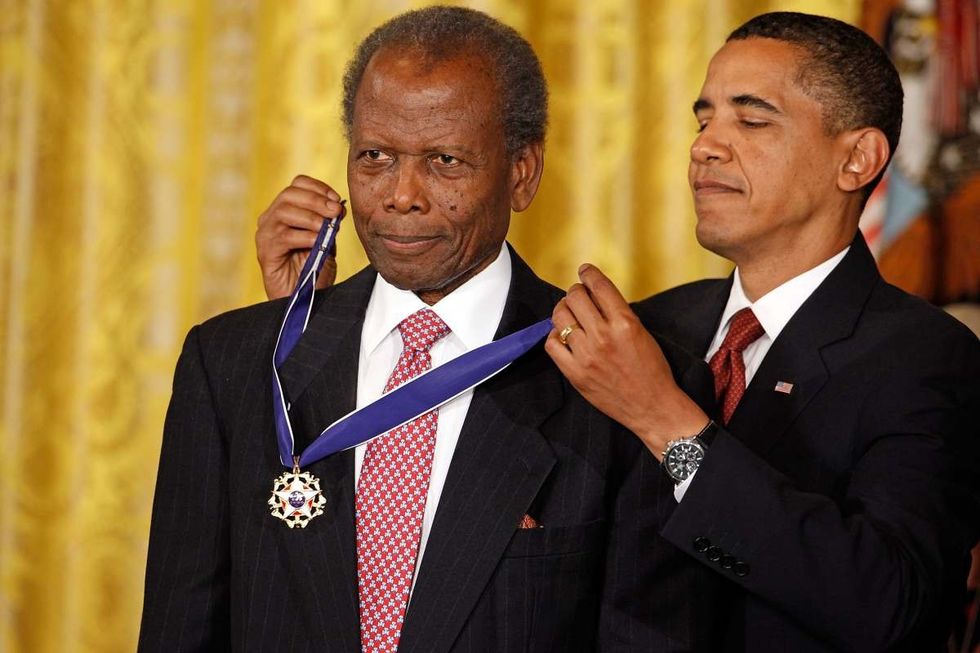
Starting with a role with the American Negro Theatre, he went on to become one of the most accomplished actors in the industry. He starred in over 50 films. He won numerous awards, was knighted by Queen Elizabeth II, and was awarded the Presidential Medal of Freedom. Yet, a regret lingered in his heart for all this time. He never got to say “thank you” to the waiter who had changed his life. “One of my great regrets in life is that I went on to be a very successful actor, and one day I tried to find him, but it was too late, and I regret that I never had the opportunity to really thank him,” he once said, per The Forward.
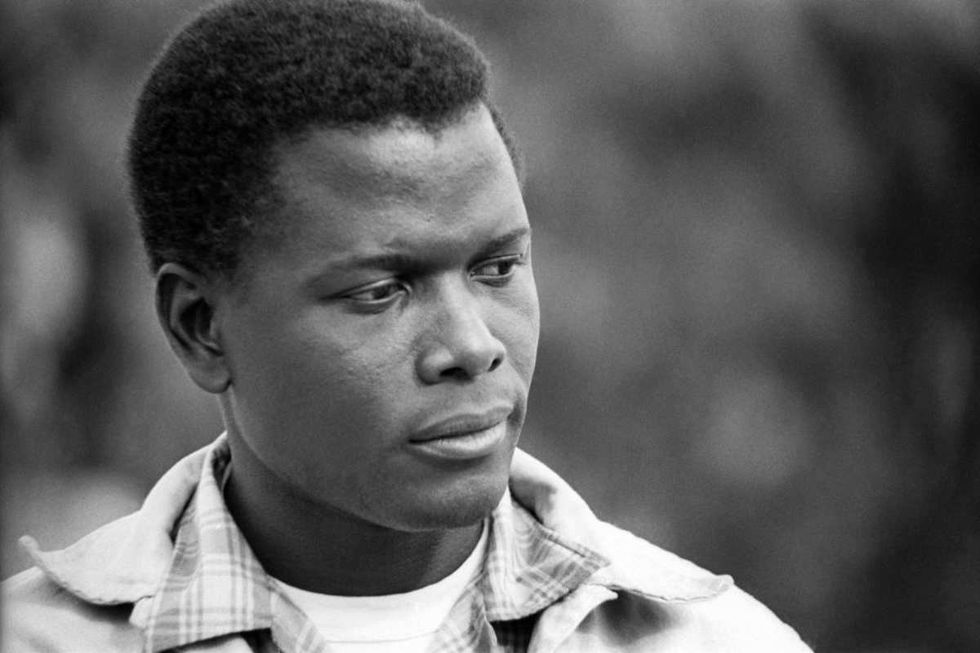





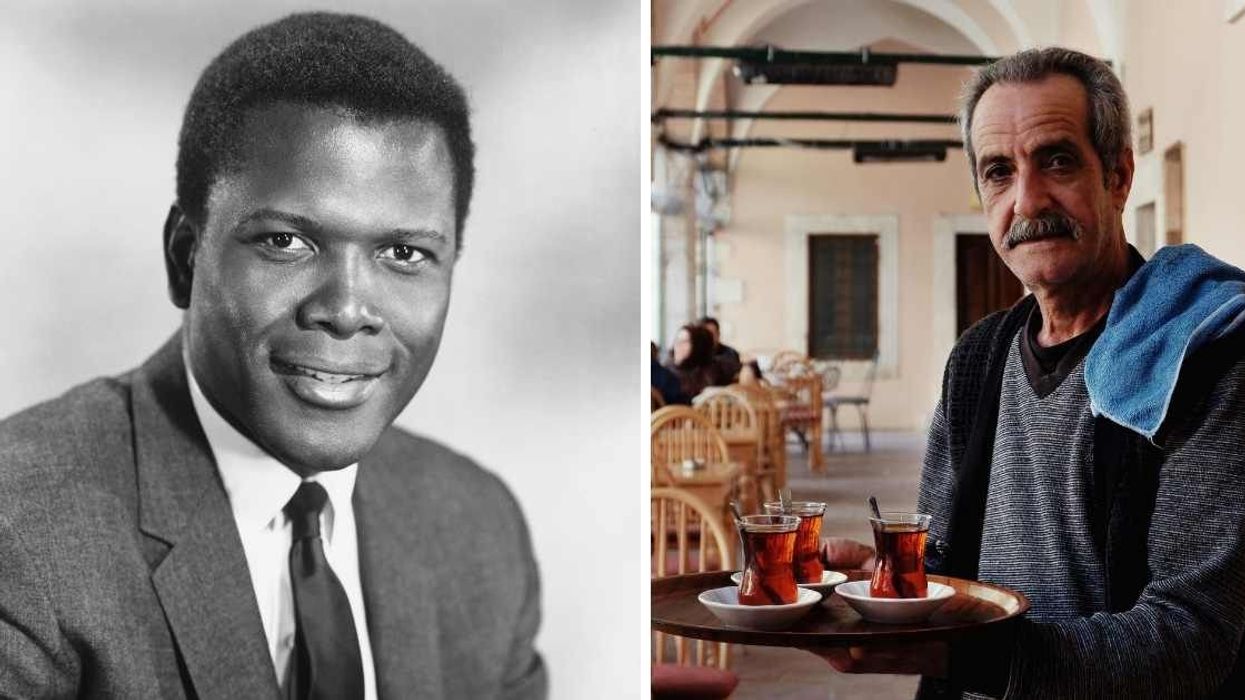


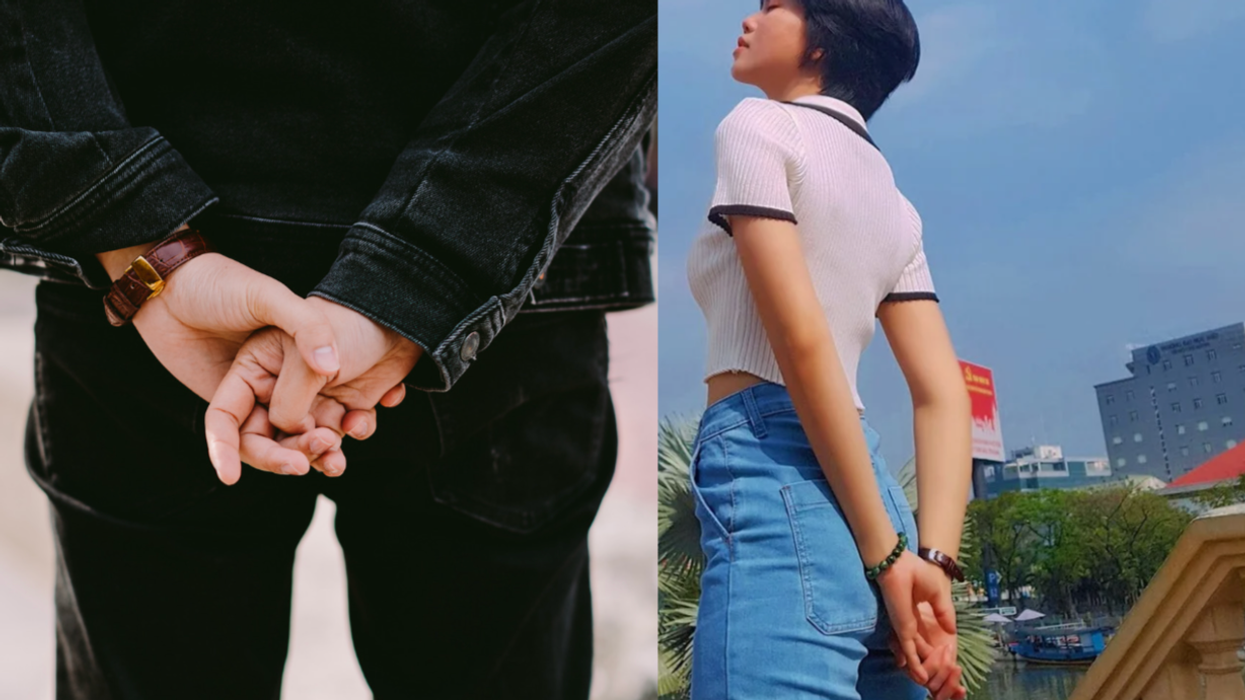












 Ladder leads out of darkness.Photo credit
Ladder leads out of darkness.Photo credit  Woman's reflection in shadow.Photo credit
Woman's reflection in shadow.Photo credit  Young woman frazzled.Photo credit
Young woman frazzled.Photo credit 


